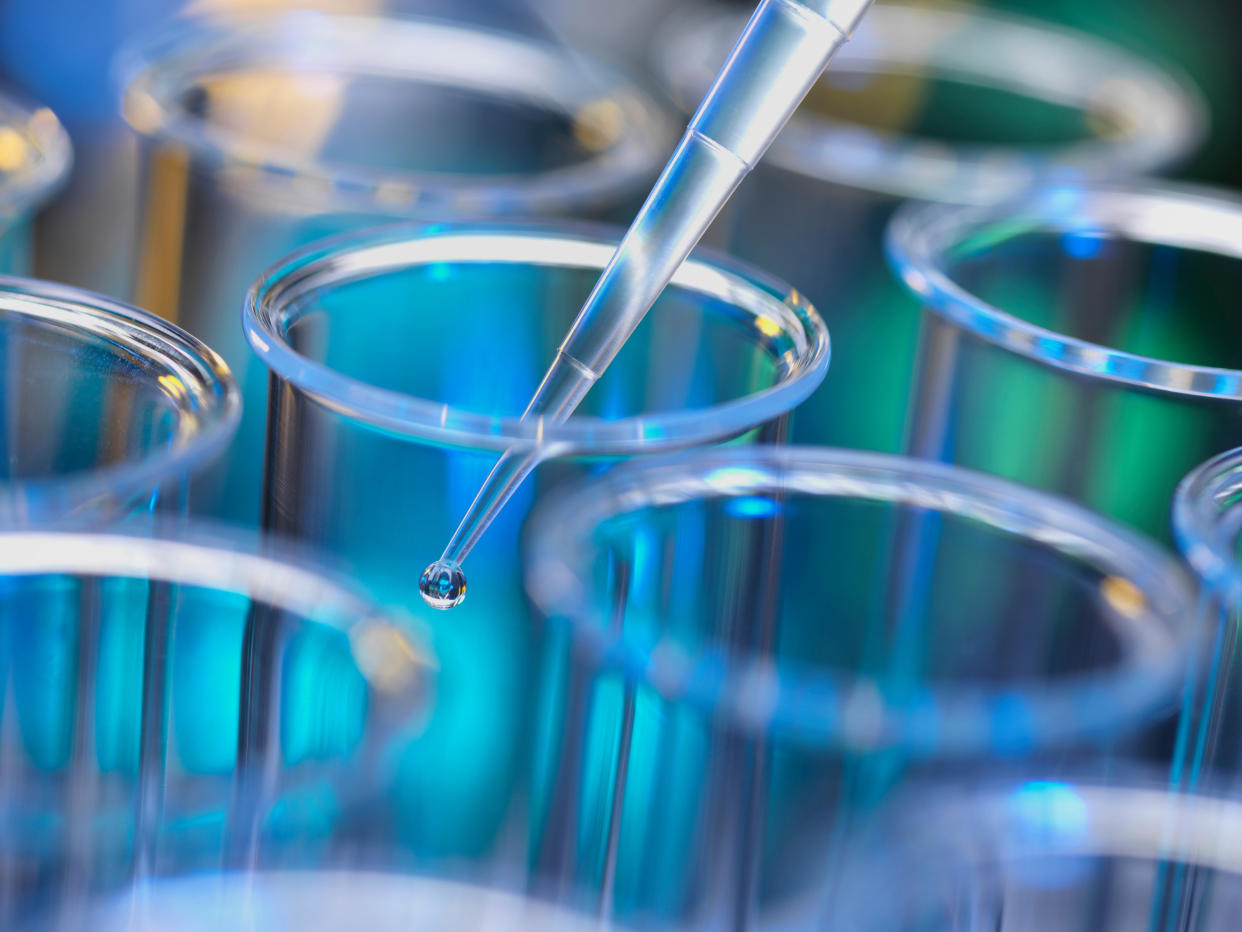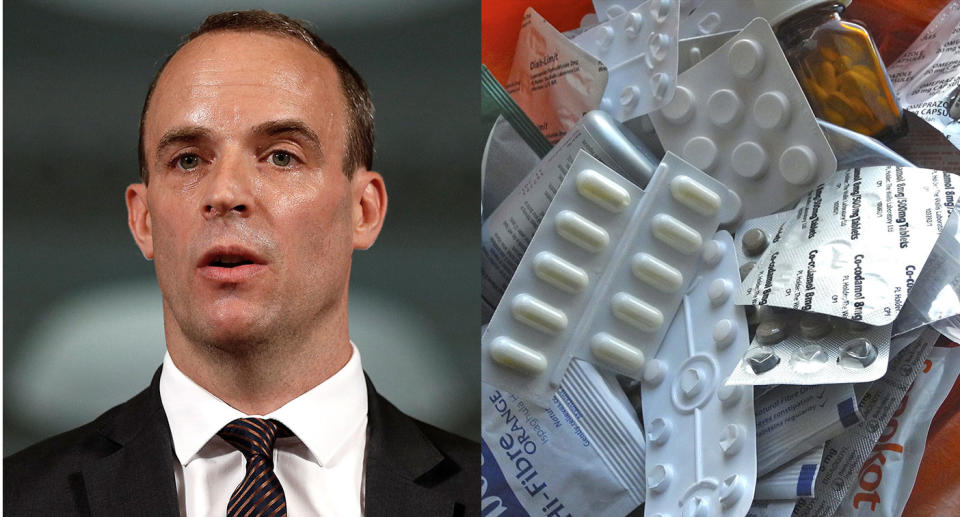Government's no-deal Brexit planning raises prospect of sperm shortage

The Government’s plans for a no-deal Brexit have raised the prospect of a shortage of donated sperm after the UK leaves the EU.
In a paper outlining the quality and safety of organs, tissues and cells in the event of a no deal, the Department for Exiting the EU said that establishments that import tissues and cells, including sperm donations, will need new written agreements in order to continue are they currently are.
This raises the possibility of disruptions to supply if companies fail to comply with the new requirements.
The UK currently imports almost half its sperm from Denmark, with the majority of the rest coming from the US.
In 2017 approximately 4,000 samples were imported from the USA and 3,000 samples from Denmark, plus a small number from other EU countries.
The Government’s ‘technical notices’ also revealed that new medicines will need UK approval before they can be made available to patients in the event of a no-deal Brexit.

The Medicines and Healthcare products Regulatory Agency (MHRA), which regulates drugs in the UK, will take on the functions of the EU if an agreement is not reached by March 29.
Products will have to go through national assessment before they receive market authorisation to be sold in the UK, according to a technical paper on no-deal Brexit preparations.
The notice states: ‘After EU exit, to market a product in the UK, an initial market authorisation application will need to be submitted to the MHRA and will go through a national assessment.
‘MHRA will take a streamlined approach to approving UK market authorisation applications that places no greater burden on industry and ensures that patients can access new and innovative medicines at the same time as EU patients.’
Most new medicines currently come to the market through a licensing route overseen by the European Medicines Agency (EMA).
However, if a deal is not reached, the UK’s current participation in the European regulatory network including centralised routes will cease, according to the guidance.
The outcome of EU procedures that have not reached the decision phase when the UK leaves the EU will not be valid, it adds.


Brexit Minister Dominic Raab said during a Q&A on the government’s no-deal advice today: ‘What we’re talking about with batch testing is the unilateral measures that we would take in the unlikely eventuality of no-deal, and if there was no cooperation on the EU side – but we would be cooperating with the EU.
‘As part of our negotiations as a whole, we’re pursuing an associate membership of the EMA and we will keep that up as part of the negotiations, along with other areas – whether it’s trade or security – where we want those strong links to continue.’
‘However, the MHRA will take EU decisions into account where possible,’ the paper states.
The MHRA is expected to launch a consultation in early autumn on the regulation of medicines, medical devices and clinical trials.
Brexit Secretary Dominic Raab told BBC Radio 4’s Today programme on Thursday: ‘We will make sure we’re in a position to recognise, for example, batch-tested medicines produced in the EU so the continuity of supply is there.’
He added that the Government is working with the industry to ensure medicines are stockpiled for ‘worst case scenario’ border issues.
‘With the pharmaceutical suppliers we have got three months of buffer stock already for over 200 medicines,’ he said.

 Yahoo News
Yahoo News 
